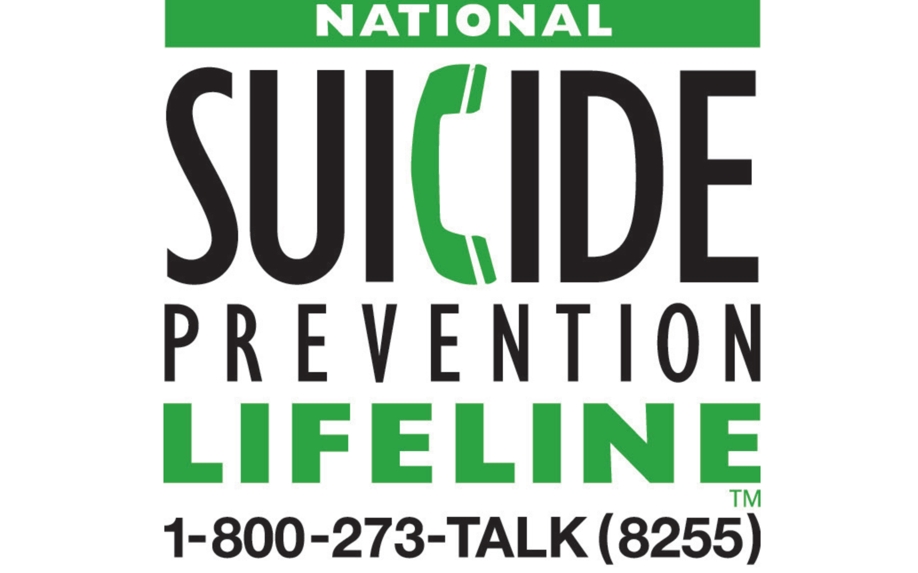National Suicide Prevention Lifeline
1-800-273-TALK (8255)
Tips on How to Respond Quickly If Suicide Plans Are In Process
If you feel that your family member or friend has a plan in progress about how to commit suicide, you need to take immediate action to help them. Therefore, evaluate the danger to the person and others immediately. Those at the highest risk for committing suicide soon can have already made the following four critical decisions.
- PLAN –They have a specific plan detailing what they will do (How do you plan to kill yourself? What are the details?).
- MEANS – They have secured the means for carrying it out (If you plan to use your mother’s pain medication to overdose, have you stolen the pills yet? Do you have enough to make sure that you die and not just injury yourself?).
- SET TIME – They have a set time for doing it, and (When do you plan to do it? Date and time? Location?)
- INTENTION – They are committed to carrying out their plan. (Have you decided this is what you want to do? Do you have any doubts at all?)
How to Assess Risk Level
|
Low – Some suicidal thoughts. No suicide plan. The person says they won’t attempt suicide. |
|
Moderate – Suicidal thoughts. Vague plan that isn’t very lethal. Says they won’t attempt suicide. |
|
High – Suicidal thoughts. Specific plan that is highly lethal. Says they won’t attempt suicide. |
|
Severe – Suicidal thoughts. Specific plan that is highly lethal. The person says they will attempt suicide. |
If the Risk is high, Call 9-1-1 and the local crisis line. If you know where to locate their “means,” and it’s safe to remove it, do so. Do NOT leave the suicidal person alone at any point.
Caution: Assess the person for potential threats of harm to others. If they are also a potential threat to others’ safety, notify the local police authorities of that risk and allow them to take control of the scene. If someone has nothing to lose, a trained professional should handle negotiations related to threats of harm to others.
National Suicide Prevention Lifeline
If you believe someone is at risk of committing suicide within a few hours, do not leave them alone. Stay close and call the National Suicide Prevention Lifeline for help. That number is 1-800-273-Talk (8255). You can also call 911 and tell them what is happening. The Dispatcher for 9-1-1 will take your information and connect you to a suicide crisis counselor who will help you know what steps to take next.
What Happens When You Call The Lifeline?
You’ll hear a message telling you that you’ve reached the National Suicide Prevention Lifeline. You’ll initially be placed on hold and hear music playing while they connect you to a skilled, trained crisis worker who works at a Lifeline network center closest to you.
A trained crisis worker can help you. Share your problem with them. The crisis worker wants to hear about your situation to help you find the right resources to meet your needs. Your call is confidential and free.
No matter what problems you have or whether or not suicide is on your mind, call Lifeline if you need someone to lean on for emotional support.
People call to talk about many things: drug problems, money trouble, relationships, sexual identity, domestic violence, depression, mental and physical illness, and loneliness, to name a few.

